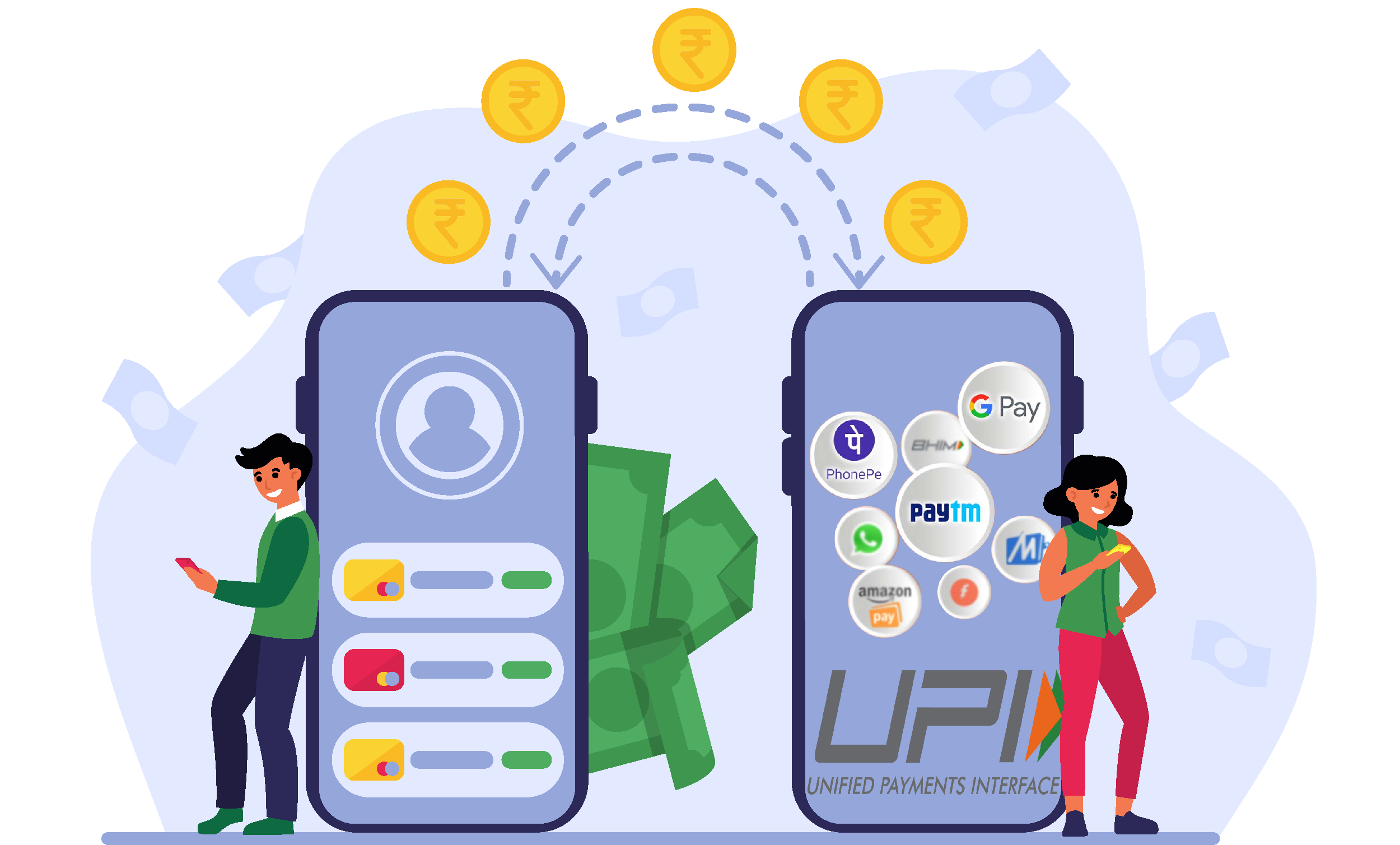UPI transactions fall slightly in June, remain above 9 billion mark

UPI transactions fall slightly in June, remain above 9 billion mark:
Transactions on unified payments interface (UPI) fell slightly to 9.3 billion in June, data from the National Payments Corporation of India showed. While transaction volume had clocked the 9.4 billion mark in May, experts attribute the dip in June to one less day in the month. The transactions volume rose 59% y-o-y in June, and transactions value rose 45% y-o-y to Rs 14.8 trillion. Transaction value had hit 14.9 trillion in May.
In June, transactions on the Unified Payments Interface (UPI) in India slightly declined to 9.3 billion compared to 9.4 billion in May, according to data from the National Payments Corporation of India. However, experts attribute this dip to the fact that June had one less day than May, and the overall trend remains positive.

Despite the month-on-month decrease, UPI transactions continue to witness significant year-on-year growth, reflecting the increasing adoption of digital payments in India. In June, transaction volume rose by 59% compared to last year’s period, indicating a strong upward trajectory. Additionally, the transaction value increased by 45% year-on-year, reaching Rs 14.8 trillion. In May, the transaction value reached Rs 14.9 trillion.
The sustained growth in UPI transactions showcases the rising acceptance and trust in digital payment systems among Indian consumers and businesses. The popularity of UPI can be attributed to its convenience, speed, and ease of use, allowing users to make instant fund transfers and payments using their smartphones. With UPI, individuals can link their bank accounts to a mobile application and transact seamlessly, eliminating the need for traditional payment methods.
The year-on-year transaction volume and value growth highlight the increasing reliance on UPI for various financial activities. More individuals and businesses are recognizing the benefits of digital payments, including faster and more secure transactions, reduced dependency on cash, and simplified financial management.
UPI has played a crucial role in driving the digitization of payments in India.
Its interoperability across multiple banks and payment service providers has created a unified platform enabling seamless transactions between entities. This interoperability has expanded the reach and accessibility of digital payments, making it easier for users across the country to adopt and embrace this modern payment solution.

The growth in UPI transactions can also be attributed to expanding use cases beyond peer-to-peer transfers. Users are increasingly using UPI for utility payments, online shopping, bill payments, and even merchant transactions. The versatility of UPI and the integration of the payment system into various applications and platforms have made it a preferred choice for consumers and businesses alike.
The year-on-year growth in UPI transactions indicates a positive trend in the digital payments landscape in India. As more individuals and businesses recognize the convenience and benefits of digital payments, the adoption of UPI is expected to continue its upward trajectory. The sustained growth in transaction volume and value reflects the increasing acceptance and trust in digital payment systems, paving the way for a more cashless and digitally inclusive economy in India.
In February 2023, the interlinking of the fast payment systems between the Unified Payments Interface (UPI) in India and PayNow in Singapore created a robust digital infrastructure for instant digital payments and funds transfer between the two countries. This interlinking has facilitated seamless and secure transactions, enhancing the ease and efficiency of cross-border payments.
The integration of UPI and PayNow enables individuals and businesses in India and Singapore to transfer funds instantly, leveraging the convenience and speed of digital platforms. This development marks a significant milestone in promoting bilateral trade and economic cooperation between the two nations.
By connecting the fast payment systems of UPI and PayNow, users can initiate transactions directly from their respective payment applications, eliminating the need for traditional banking channels or intermediaries. This integration streamlines the payment process, enhances transparency, and reduces transaction costs.
The interlinking of UPI and PayNow showcases the commitment of both India and Singapore to leverage digital technologies for enhancing financial inclusion and promoting digital commerce. It opens up new opportunities for businesses to expand their reach in the international market and facilitates the seamless flow of funds for individuals conducting cross-border transactions.
Overall, the interlinking of UPI and PayNow has established a robust digital infrastructure that fosters instant digital payments and funds transfer between India and Singapore. It signifies a significant step towards strengthening financial connectivity and promoting digital innovation in both countries.





